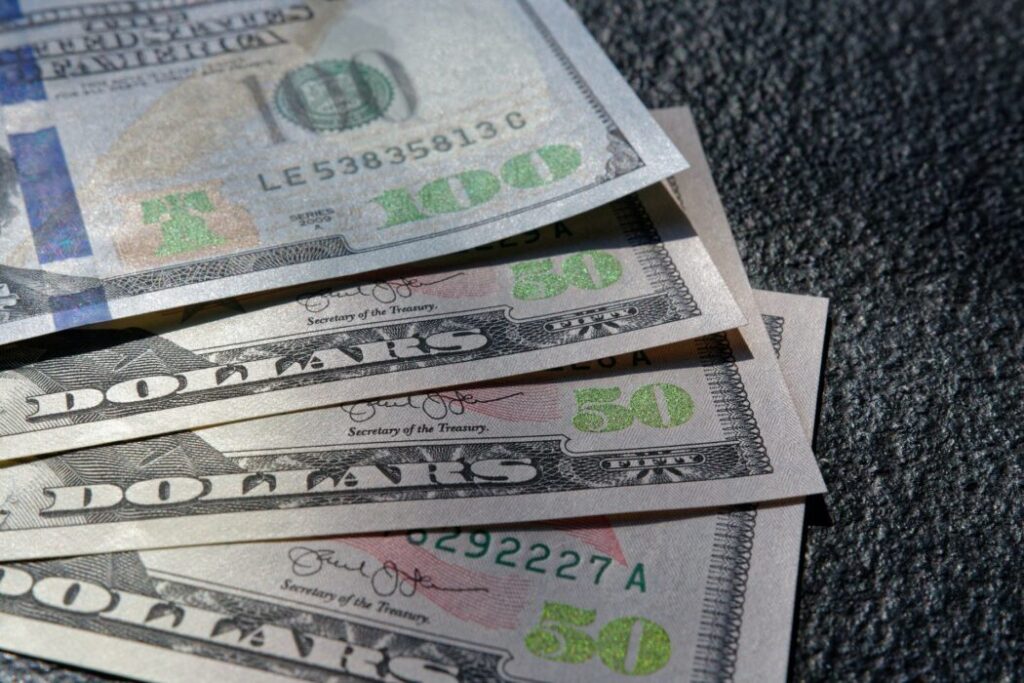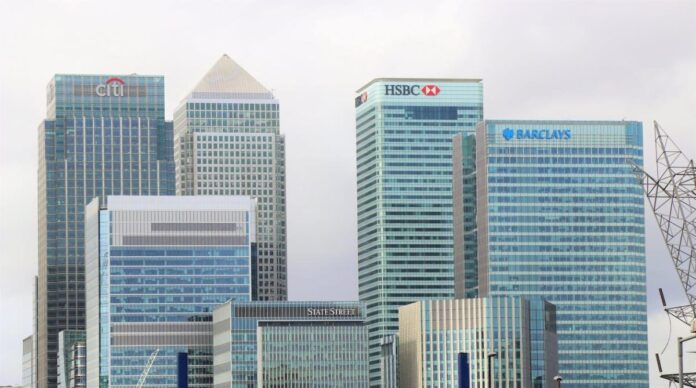The Bank of England has looked into how the pandemic has affected household savings – and the results are skewed in favour of higher earners.
Households with high and middle income have managed to save significantly during the pandemic as they are more likely to continue to work from home without being able to spend. Yet, low-income workers, unemployed populations and those receiving government COVID support have all experienced a drop in savings, meaning they are not as prepared for a financial emergency.
If you have eaten into your savings recently but need to pay for a white goods repair, car maintenance, a medical bill or another immediate emergency, you might need to seek short-term credit.

Formal Options for Short-Term Credit
Formal options for short-term credit are solutions you receive from a financial institution, such as a bank, loans company or building society. There are three main formal short-term credit options, namely:
- Short-term loans – lenders are providing short-term loans cautiously due to the current economic clients, but there are still options out there. Wonga have recently started extending their short-term loans up to six months again (having previously reduced the length of their loan conditions during the height of the pandemic). You can read more about the conditions here
- Credit cards – another option is to take out a credit card if possible. You can typically find credit cards with initial interest payment holidays, meaning you could access credit without paying interest if you can pay the money back in the first few months.
- Applying for an overdraft – you might prefer to speak with your bank to see if they can provide you with an overdraft or extend your current overdraft. Be aware of any daily or monthly fees involved when using money from an overdraft facility.
Which Short-Term Credit Option Is Best?
There is no straight answer to which of these short-term credit options is best. The one that is right for you will depend on personal factors, such as how much you need to borrow and the deal you can find from a reputable loan provider, credit card supplier or your bank.
Overdrafts may be the easiest to use because you are already a customer of the bank, but this doesn’t mean you are certain to be approved. Always do your research and read the terms of a proposed agreement carefully to fully understand the repayment terms.
Alternative Options for Short-Term Credit
If you have a poor credit rating or cannot get a short-term credit using these options, you may need an informal solution. These include asking friends and family to lend you money. If you choose this option, you might want to discuss the details of repayments in the same detail as you would with a bank, just so everyone is on the same page. Alternatively, you might try and raise money by selling valuables or using crowdfunding platforms.


















